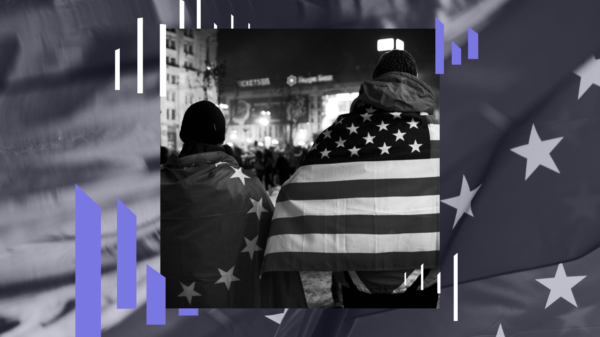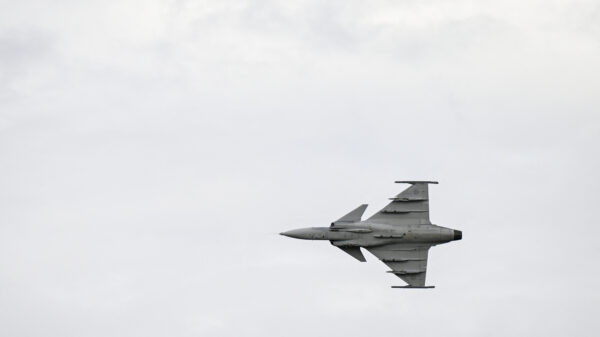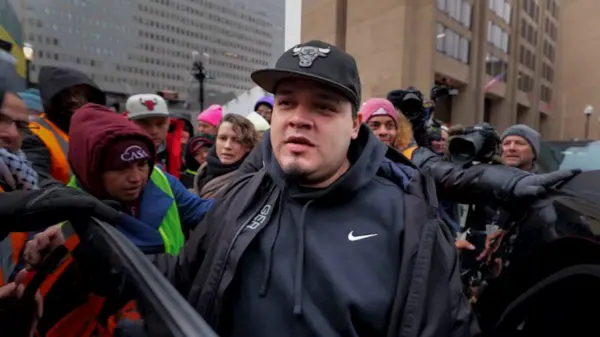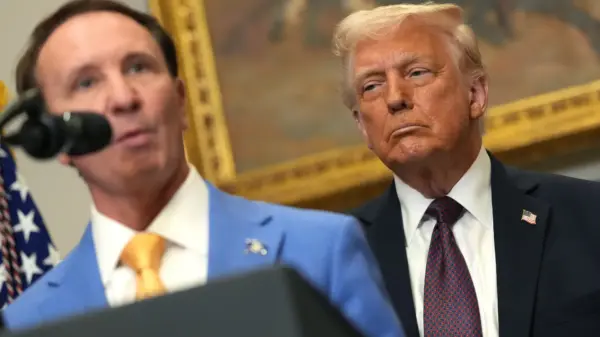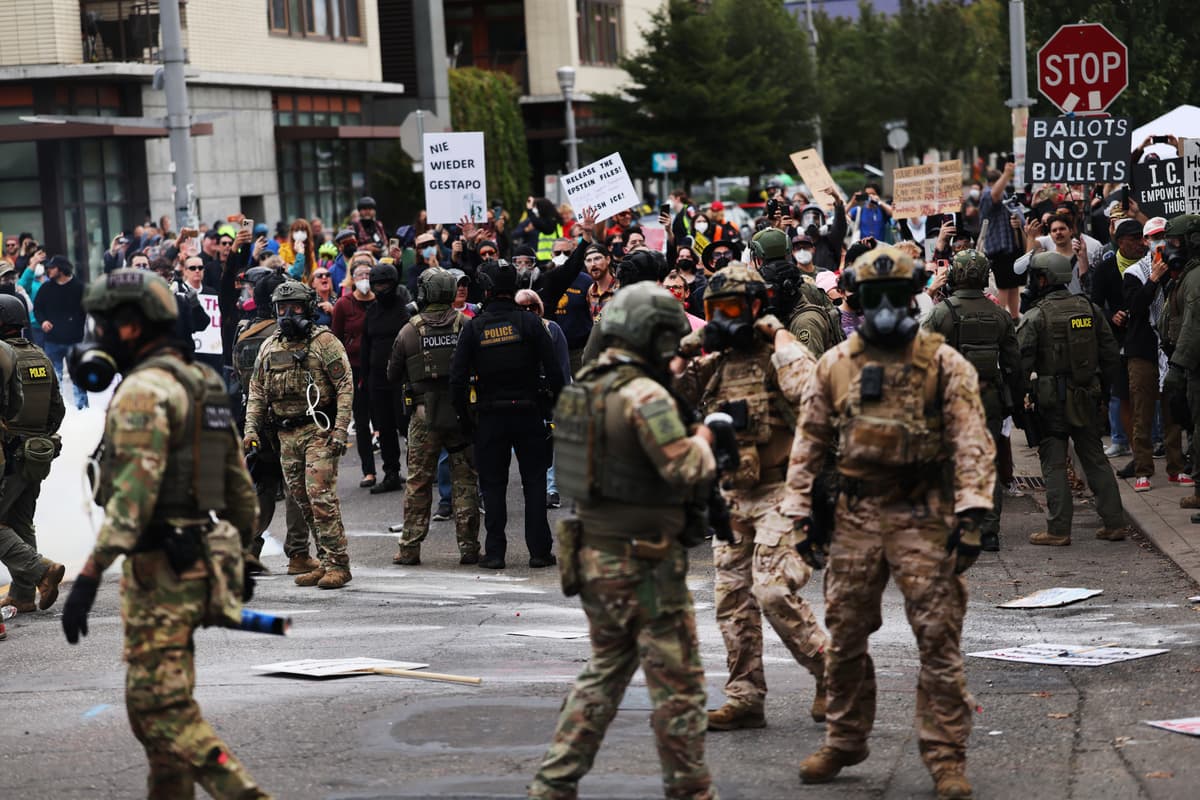A federal district judge in Oregon has temporarily blocked President Donald Trump from deploying the National Guard to address unrest in Portland. Judge Karin Immergut issued the ruling on March 15, 2024, halting Mr. Trump’s efforts to call in troops from Oregon and neighboring California amid what he described as “lawless mayhem.” This decision may be challenged by the Ninth Circuit Court, which has previously recognized the President’s authority to mobilize the National Guard under certain conditions.
Judge Immergut’s ruling follows her earlier orders that prevented Mr. Trump from sending members of Oregon’s National Guard to quell rising disorder in the city. In her decision, she expressed skepticism regarding the President’s assertion that federal law enforcement was unable to manage the situation effectively. Mr. Trump’s appeal to the Ninth Circuit argues that over several months, “agitators conducted coordinated and violent attacks” aimed at obstructing the enforcement of federal immigration laws. The appeal mentions incidents of damage to the Immigration and Customs Enforcement Office and threats against federal officers.
Legal justification for the deployment is found in Title 10 of the United States Code, Section 12406. This statute allows the President to call into federal service members of the National Guard when he is unable to enforce federal laws with regular forces. Despite this, Judge Immergut ruled that the evidence presented did not convincingly demonstrate that federal forces were incapable of executing the laws.
In her ruling, she cautioned that if the President could seek military assistance for routine law enforcement activities, it could lead to a scenario where military troops could be deployed anywhere at any time. She emphasized that such a precedent might undermine the principles of law in the United States.
It’s noteworthy that Judge Immergut, who was nominated by Mr. Trump, seems to echo concerns raised in previous cases regarding the extent of presidential power. A panel from the Ninth Circuit had previously determined that courts should exercise caution in reviewing the President’s authority under Section 12406. They found it “likely” that Mr. Trump had acted lawfully when deploying the Guard in similar situations, such as the unrest in Los Angeles.
As the situation unfolds, the Ninth Circuit’s response to Mr. Trump’s appeal will be crucial in determining the future of National Guard deployment in Portland. The ongoing legal battle highlights the tensions between federal authority and local law enforcement, as well as the broader implications for the rule of law in the United States.




